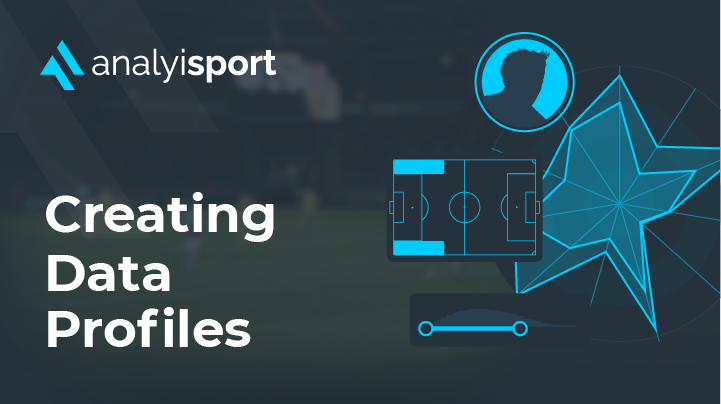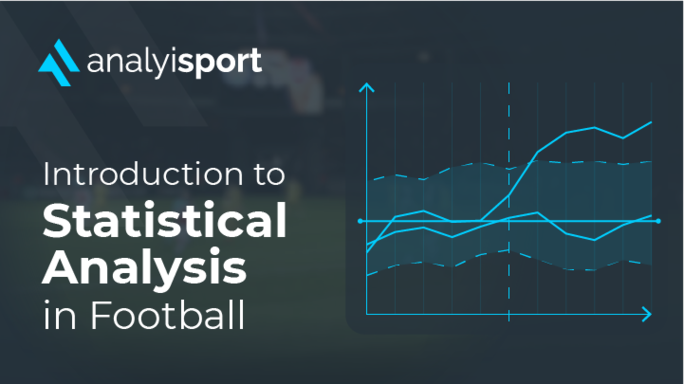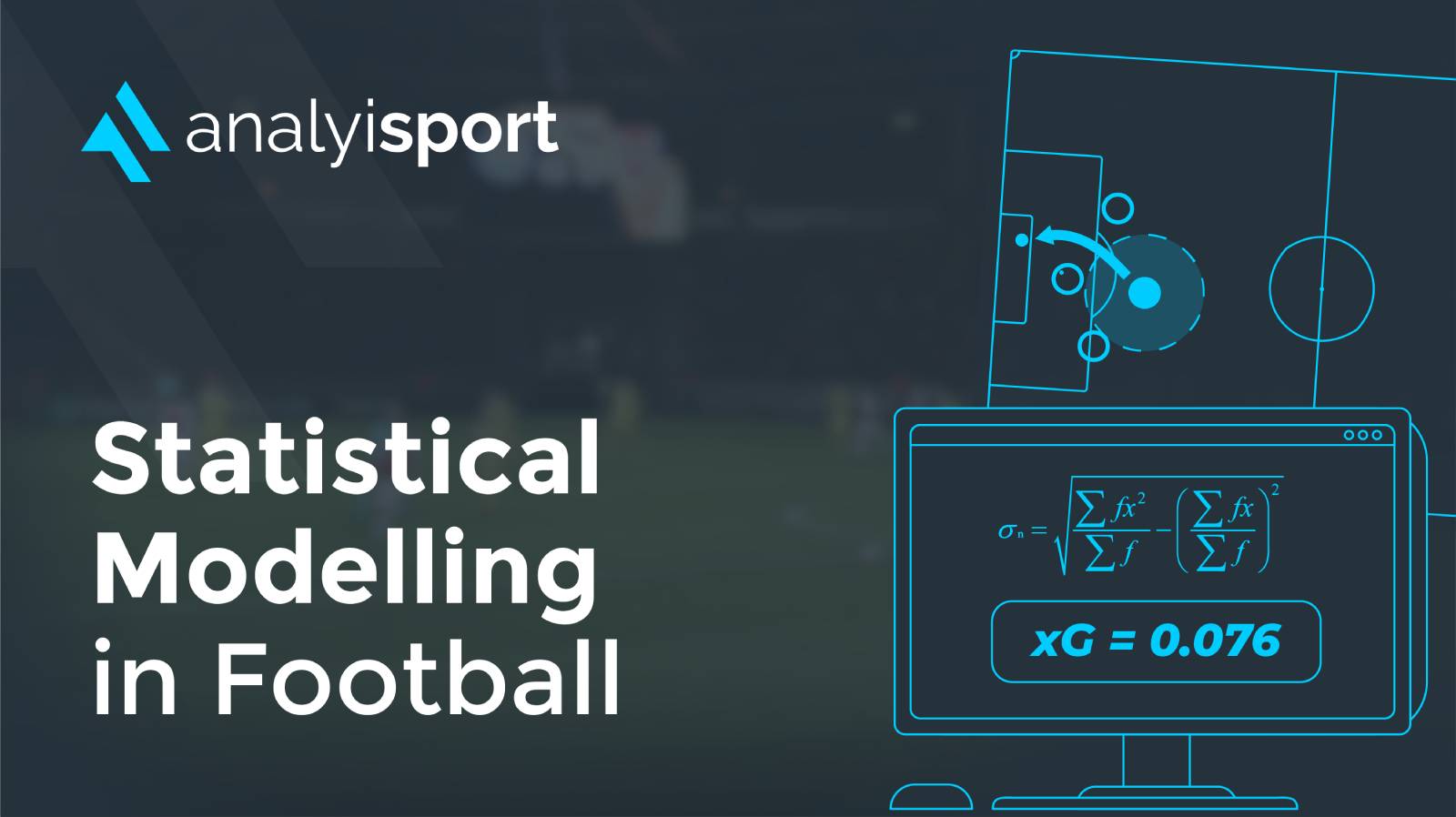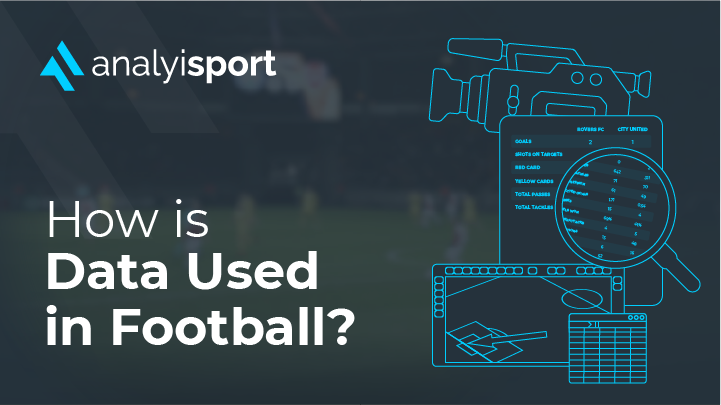How Are the Leading Premier League Clubs Investing in Data Analysis?
Premier League clubs have realised that they need good data departments if they are to compete at the very top in the modern game. Clubs across the league are investing money on analysts and the latest technology to help them interpret data and integrate it into the club. The biggest teams, with the biggest budgets, are leading the way.
Here’s our guide to how each of last season’s top-six clubs are using state-of-the-art football analytics to help them succeed in one of the most competitive leagues in the world.
Arsenal
Arsenal began seriously investing in data under Arsene Wenger back in December 2012, when the club spent a little over £2 million on purchasing StatDNA, an American football data analytics company. The analysts working for the company watch video footage of games and code them in detail, recording precise information about each event in the game. This information is then stored in StatDNA’s own database.
By buying the company, Arsenal gave themselves exclusive access to this database and have used the insights provided by them for player recruitment, pre-match preparation and post-match analysis.
Since then, Arsenal have worked to make their use of data more integrated, an effort led by Danny Karbassiyoon. Karbassiyoon had a brief career as a player that was cut short by injury. Since then he has worked as a scout for Arsenal, started his own mobile gaming company, and is currently the club’s First Team Scouting Analyst.
He has created two in-house platforms for Arsenal, which bring together information in one place and make the club’s use of data much more streamlined. The scouting platform combines data from StatDNA, feedback from the scouts, and reports from the recruitment analysts. All the information is now in one database that is easy to search. A similar database has been created for Arsenal’s own squad that can be used by the club’s coaches, sport scientists, and analysts.
Karbassiyoon himself is also a link between different departments at the club. “I’m part of the IT department, so I’m technically based at Highbury House, but I also work closely with the guys at Colney, and am usually there a couple of times a week,” he explained to the club’s website. Creating strong links between the work done by analysts and the work done by the scouting and coaching staff has been crucial to Arsenal’s success with data.
Chelsea
Data is now part of everyday life for the players. As they get changed for training, there are two screens in the dressing room, one which shows edited video clips from the previous match and another which displays performance metrics. Before they even make it out to the training pitch, the team is being shown the work of the club’s performance analysts.
Like Arsenal, Chelsea have developed their own bespoke database of player information. It’s called QlikView and allows staff to find any information they need about players, including video clips, scout reports, and performance data. This has been complemented in recent years with the work done by Dan Pelchen. The Australian analyst created a system that translates the raw data and statistics into the football language and values of the club, making it easier for the coaches and other staff to use and understand.
Clubs have lots of data about what players do, but very little about what players are thinking or feeling. Chelsea have experimented with recording psychological data about how confident, motivated and focused players feel on the pitch.
“When you code between 10 and 20 games, you start to see a lot of patterns emerging and get some really interesting insights into the players,” revealed sport scientist Malcolm Harkness, who oversaw the project. Finding these new areas to explore with data is an important way for clubs to gain an advantage over their rivals.

Liverpool
Sport analytics have long been popular in American sports. When the Fenway Sports Group, owners of the Boston Red Sox, bought Liverpool, they soon started investing in the kind of data analysis that had been so successful in baseball.
One of their earliest signings was Ian Graham, a data expert with a PhD from Cambridge University, who became the club’s Director of Research. He oversees a data science department that is at the forefront of the research and development of football data analysis.
The department includes the talents of William Spearman, who has a PhD from Harvard University, software developer Tim Waskett, statistical researcher Dafydd Steele and two software engineers: Mark Stevenson and Mark Howlett.
Their job is to develop new metrics and discover better ways of interpreting data.
In 2012, Liverpool hired Ian Graham, who has a PhD from Cambridge in theoretical physics, as Director of Research. The research team has expanded over the years and now includes Tim Weskett, who has a degree in astrophysics, William Spearman, who previously worked for the European Council for Nuclear Research (CERN) and has a PhD from Harvard and former junior chess champion Dafydd Steele.
Spearman has focused on tracking data and how space is used on the pitch. “With the tracking data I’m able to answer a lot of the same questions as you can with event data, but usually with a lot more context,” Spearman has explained.
Manager Jürgen Klopp is known to be deeply interested in the insights provided by the club’s analysts and scientists. It’s helped shape the club’s recruitment process in recent seasons, including successful signings such as Mo Salah and Roberto Firmino.
Manchester City
The success that Liverpool has had with data analysis has brought a big response from Manchester City. City Football Group, which owns Man City, has put together a department led by Director of Insights and Decision Technology Brian Prestidge.
The department includes Laurie Shaw, who has a PhD in computational astrophysics and has lectured at Harvard University, as Lead AI Scientist, Ravi Mistry as Head of Football Insights, John-Mark Sisman as Performance Physicist and Chris Baker as Talent-ID Coordinator.
The insights team has shown a particular interest in the potential for AI to improve football analysis, including partnering with Google Research. Like Liverpool’s data team, the department is at the forefront of data technology and is pushing the boundaries of what is possible.
The club also invests in analysts who work closely with the players and coaching staff. In 2022, City have started hiring more specialist performance analysts. Ryan DeFreitas has been hired from Leicester City to focus on training analysis and in October 2022, the club advertised for a set-piece analyst.
Manchester United
When it comes to investing in data analysis, Manchester United have been a bit slower than some of the other top clubs. It took them until October 2021 to appoint their first Director of Data Science, Dominic Jordan.
Jordan arrived at Old Trafford without a background in football. Instead, he’d previously worked for an online clothing retailer where he had led a data team. He was hired for his ability to put together a new data department at the club.
The club already used data for player recruitment and performance analysis, but this was an important step towards developing their own systems, processes, and metrics that will help them to compete with the advanced data departments of Manchester City and Liverpool.
“At first it’s a question of determining which problems are the most important for the club and tackling those to deliver quick but effective results,” explained Jordan. “Over time as you embed good practice, the problems become harder – hence why building a great team is critical, to keep the club ahead in the data space.”
The new emphasis on data has been reflected in recent managerial appointments. Ralf Rangnick has long been known as a manager at the forefront of using analysis, and he brought that focus with him to the club. His replacement, Erik ten Hag, has already brought a performance analyst with him from Ajax, showing that he is also a manager who is keen to use data.
Tottenham Hotspur
Spurs don’t have the resources of Manchester City or Liverpool and they haven’t spent big on a department full of top scientists. But analysis has started to play an important role at the club.
Fabio Paratici, the club’s Managing Director, has worked on modernising the club since he joined from Juventus in 2021. He’s appointed Andy Scoulding, who has previously worked as a performance analyst for the FA, as Assistant Performance Director. Scoulding is tasked with helping the club improve its recruitment within the UK.
Manager Antonio Conte is also keen on working with analysts. His brother Gianluca Conte has been part of his coaching team since 2009 and combines coaching with analysis. He has also recently brought set-piece expert Gianni Vio to the club.
Tottenham doesn’t yet have the type of advanced data analytics team that the other top-six clubs do, but under Paratici and Conte’s leadership, they are starting to embrace data analysis more and are working towards catching up with their rivals.
The Premier League is very competitive. We’ve looked at the top-six clubs from last season, but other clubs have also invested significant amounts of time, effort and money into data analysis, including Leicester City and Brentford.
With the new owners of Newcastle United looking to break into the top six, and other clubs such as West Ham keen to push themselves to the next level, it’s going to remain crucial for the big clubs to innovate and keep themselves at the forefront of data analysis. Data is transforming the sport, and the clubs can’t afford to be left behind.
Image:
charnsitr – stock.adobe.com
Related Courses:

- Level 2
- Module
Level 2: Creating Data Profiles in Football
£99.00 Original price was: £99.00.£49.99Current price is: £49.99.

- Level 2
- Module
Level 2: Introduction to Statistical Analysis in Football
£99.00 Original price was: £99.00.£49.99Current price is: £49.99.

- Level 2
- Module
Level 2 in Statistical Modelling in Football
£99.00 Original price was: £99.00.£49.99Current price is: £49.99.
Share this article
Our Learning Pathways
AnalyiSport is for everyone who is passionate about analysis in football. Where are you in your development journey?
Become a Football Scout
As more clubs than ever look to build data into their recruitment process, an understanding of recruitment analysis is your ticket to success in the game.
Related Articles
Our team provides news and insights from the cutting edge of football analysis.




